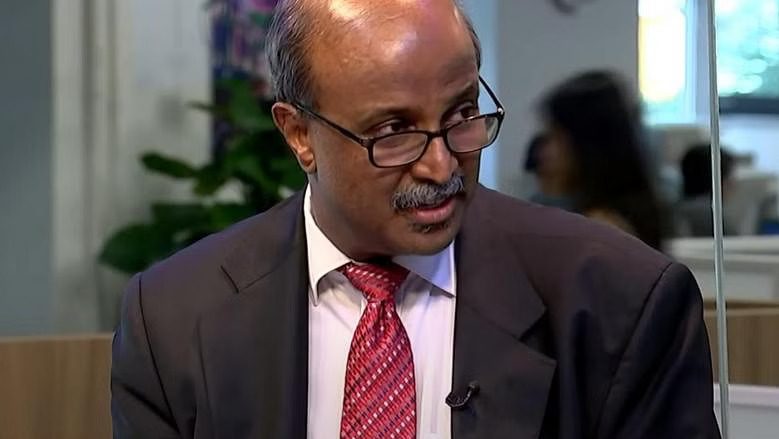SINGAPORE: The International Society for Infectious Diseases (ISID) has indicated that the ongoing mpox outbreaks predominantly affect African countries and that Singapore’s medical system is well-equipped to manage mpox cases.
Experts assure the public that there is no need for widespread concern, but maintaining good hygiene remains crucial. Professor Paul Tambyah, the president of ISID, emphasized the importance of vaccination for vulnerable groups.
Individuals with weakened immune systems, those who have had close contact with confirmed cases, and healthcare workers in high-risk environments should prioritize vaccination against mpox, he advised.
Singapore’s healthcare providers have responded to the situation with increased vigilance. Clinics across the island are now more proactive in screening patients, including inquiries about recent travel history.
Local doctors, speaking with Channel 8, noted a growing number of patients seeking information about the spread of mpox.
Their message has been consistent: unless someone has travelled abroad or had close contact with a confirmed case, there is no immediate cause for alarm, even if they experience fever or rash.
Mpox, formerly known as monkeypox, manifests with flu-like symptoms and characteristic pus-filled lesions on the skin. The emergence of a new sub-variant, clade I, has heightened global concerns due to its ability to spread easily through close personal contact.
In light of these developments, the World Health Organization (WHO) recently declared mpox a global public health emergency for the second time in two years.
Health authorities worldwide, including Singapore, are staying vigilant and reinforcing the importance of public awareness and preventive measures.
While Singaporeans are encouraged to remain cautious, experts emphasize that the country’s prior experience with mpox provides a solid foundation for managing the current situation. /TISG

